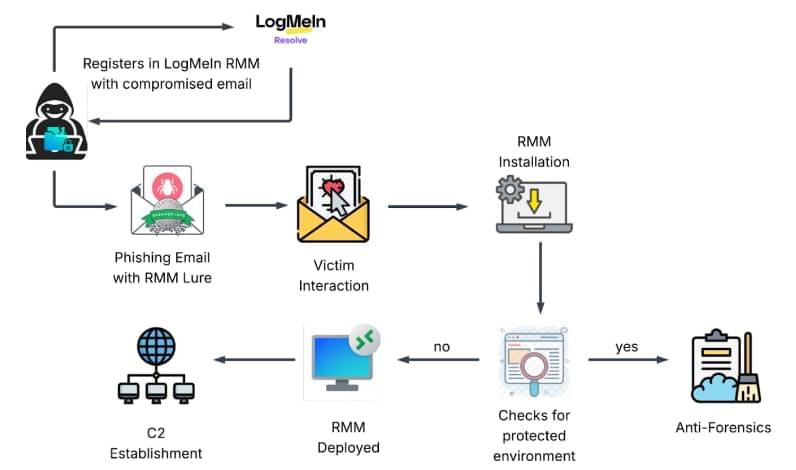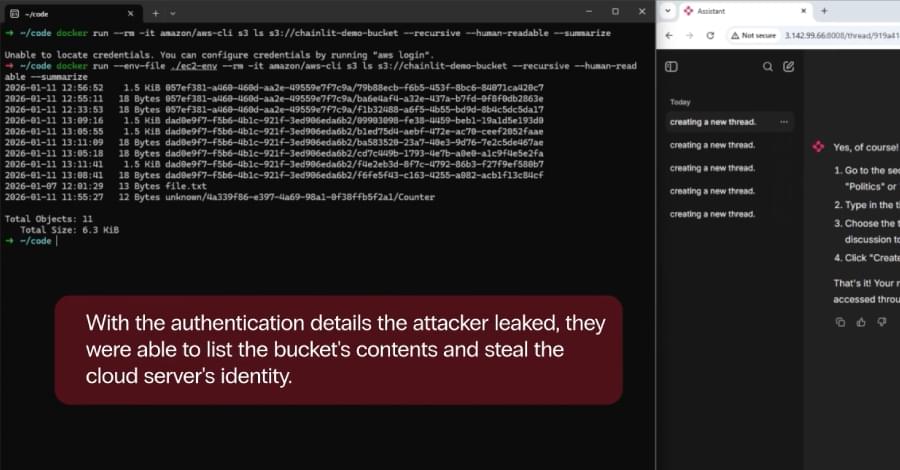Internet security watchdog Shadowserver tracks nearly 800,000 IP addresses with Telnet fingerprints amid ongoing attacks exploiting a critical authentication bypass vulnerability in the GNU InetUtils telnetd server.
The security flaw (CVE-2026–24061) impacts GNU InetUtils versions 1.9.3 (released 11 years ago in 2015) through 2.7 and was patched in version 2.8 (released on January 20).
“The telnetd server invokes /usr/bin/login (normally running as root) passing the value of the USER environment variable received from the client as the last parameter,” explained open-source contributor Simon Josefsson, who reported it.









